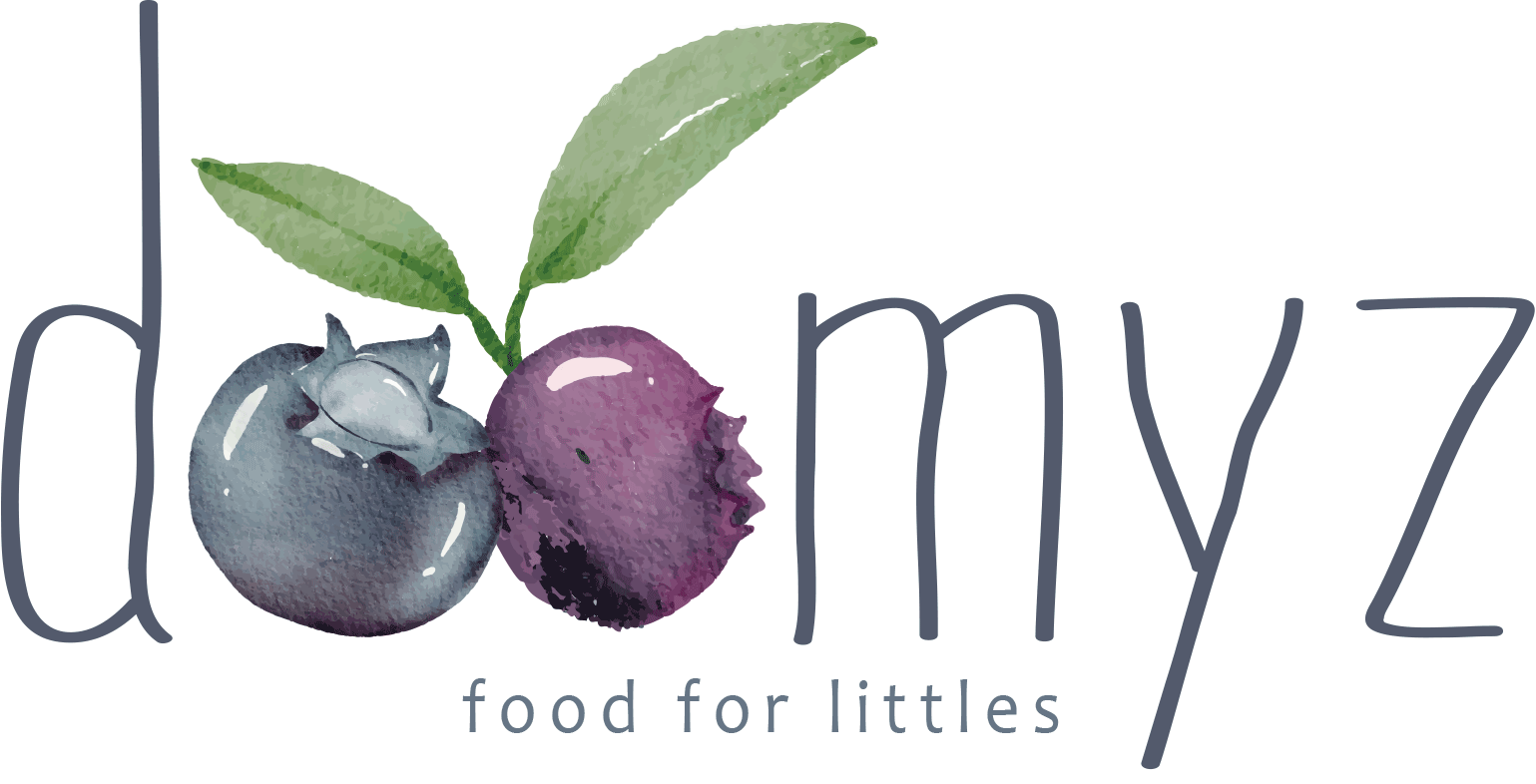No products in the cart.: 0.0JOD
By doomyz
0 Comments
When it comes to introducing solid foods to your baby, the options are vast. Beyond the typical bland purees, there’s a world of flavor waiting to be explored. One way to enhance your baby’s culinary journey is by incorporating herbs and spices into their diet. While it might seem unconventional, it offers numerous benefits for your little one’s development.
- Cultural Exposure: Introducing herbs and spices exposes your child to various cuisines from an early age. This cultural diversity can help develop an adventurous palate and appreciation for different foods.
- Enhanced Flavor: Herbs and spices add natural flavor to baby food, making it more appealing. This can encourage babies to eat a wider variety of foods, ensuring they receive a broader range of nutrients.
- Digestive Health: Certain spices, like ginger and fennel, can aid digestion and alleviate common tummy troubles in babies. These natural remedies are gentle on their developing digestive systems.
- Nutrient Boost: Many herbs and spices are packed with essential nutrients, vitamins, and antioxidants. For instance, cinnamon is rich in antioxidants, while basil provides vitamin K.
- Texture Exploration: Spices and herbs often come with unique textures that can stimulate a baby’s sense of touch and mouthfeel. This sensory experience is essential for their overall development.
- Reduced Salt and Sugar: By using herbs and spices, you can reduce your baby’s salt and sugar intake. This promotes healthier eating habits from a young age.
While introducing herbs and spices to your baby’s diet, remember to start with small quantities and observe for any adverse reactions. As your baby grows and their palate develops, you can gradually increase the variety and complexity of flavors, turning mealtime into an exciting adventure.



